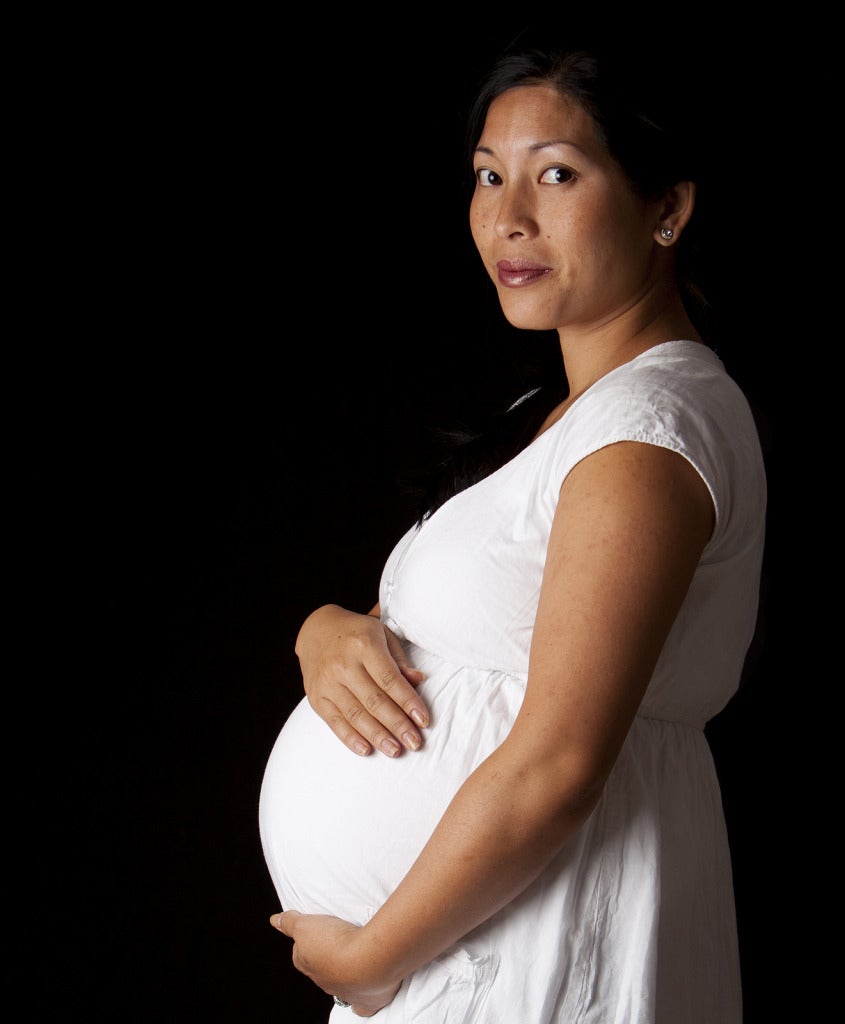We recently found out that Malaysians were recording an all-time low in fertility rates but it seems the issue is more global than we think.
The world is currently preparing for the global crash in children being born and researchers are saying that it’s set to have a jaw-dropping impact on communities as falling fertility rates could shrink populations by the end of the century.
As according to the BBC, a good 23 countries could potentially see their populations halved by 2100, including Spain and Japan.
Researchers from the University of Washington’s Institute for Health Metrics and Evaluation showed that global fertility rates were also halved to 2.4 in 2017. Their study projects that it will fall below 1.7 by 2100.
But, why is it happening?
Well, it’s mainly because women are becoming more driven towards education and work while having greater access to contraception.

Hence, women are choosing to have fewer children.
And it might seem like it’s a good thing, but is it really?
This could potentially be great for the environment. After all, a smaller population means the reduction of carbon emissions and deforestation.
“That would be true except for the inverted age structure (more old people than young people) and all the uniformly negative consequences of an inverted age structure,” said researcher Professor Christopher Murray.
“It will create enormous social change. It makes me worried because I have an eight-year-old daughter and I wonder what the world will be like,” he added.
And what kind of social change does he mean, you might ask?

Well, a lack of young people could lead to the extension of retirement ages, as people won’t be able to retire if there’s no one younger to replace them.
“We need a soft landing.”
Thankfully, there are some solutions.
But will they work?
Some countries, including the UK, have tried using migration as a method to boost population rates and compensate for falling fertility rates, but that’ll be hard if nearly every country’s populations shrink.

“We will go from the period where it’s a choice to open borders or not to frank competition for migrants, as there won’t be enough,” explained Professor Murray.
Other countries have tried implementing enhanced maternity and paternity leaves, free childcare, financial incentives and extra employment rights but there is still a struggle.
If a solution is not found, then eventually, our species will die off. But that’s still a few centuries away, so I guess it’s safe to say that we still have time to figure this out.
What do you think about this? Let us know in the comment section.
Also read: Parliament Members Called Out For Not Wearing Masks During Dewan Rakyat Meeting









































